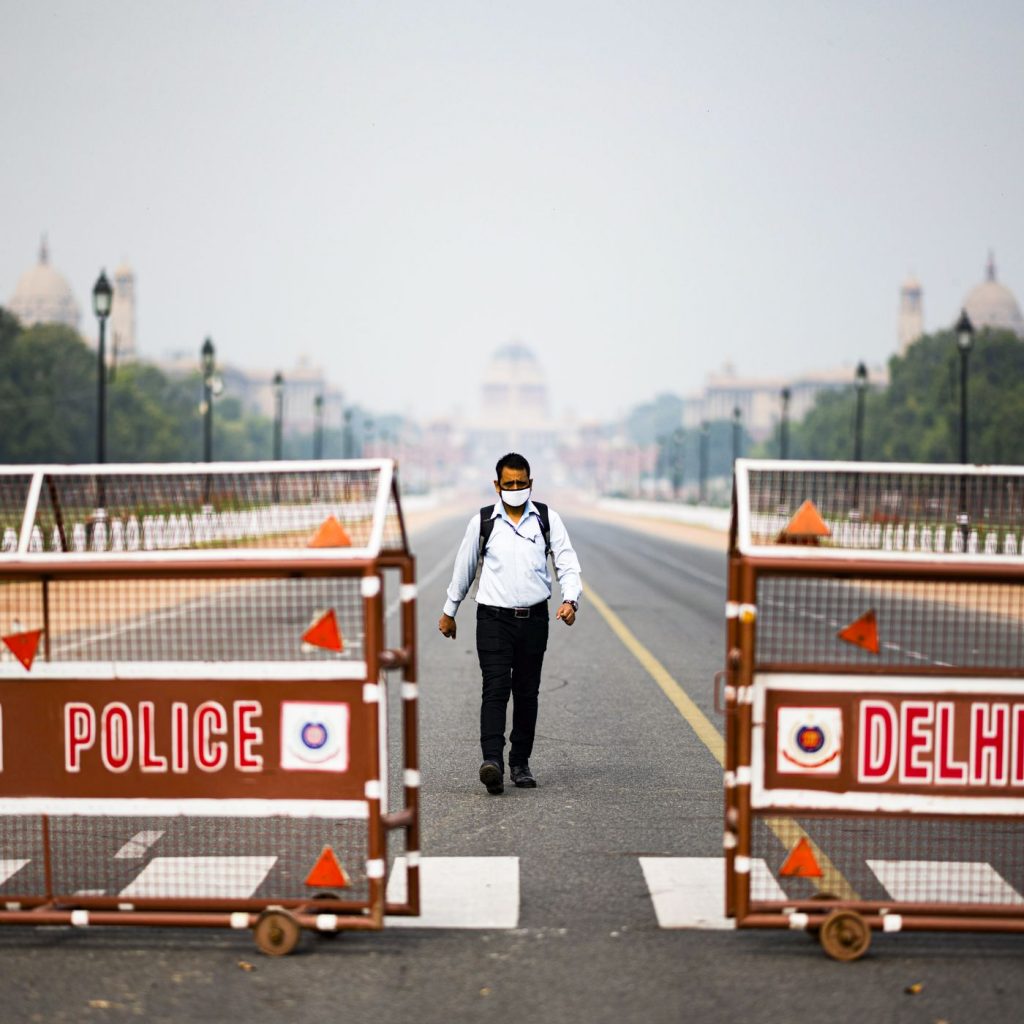S Saraswathi
A survey conducted by the Tamil Nadu Women’s Collective in 62 villages in 18 districts in the state found that 81 per cent of families reported some kind of domestic violence during the lockdown period. Of these families, 25 per cent were also facing acute hunger. Stories of conflicts in families and also abuse of children and the elderly appear in newspapers, adding substantially to the global trend in an increase of domestic conflict under healthcare restrictions on movements. Complaints made to the National Commission for Women (NCW) and some NGOs working for women have increased manifold.
Life at home is no more the same as in pre-pandemic days. Household members compelled to stay at home experience among themselves more conversation, more interaction, and more sharing. The consequence in many cases is not better understanding and bonding, but enormous increase in verbal and physical clashes. “Stay at home, stay safe” seems to have become a self-contradictory dictum wherever home life is full of domestic conflicts of varied types and on different scale.
The new wave of domestic violence is making news as a “gift” of lockdown meant to drive away Covid-19 infection. Neither the workplace nor the home seems to be a safe place for women. The NCW has registered an increase by at least 2.5 times of domestic violence complaints since the nationwide lockdown. Between March 25 and May 31, it received 1,477 complaints whereas in these months last year, only 607 complaints were received.
In India, domestic violence is silenced by victims themselves and their supporters who accept them as part of ordinary family life. A study by UNICEF shows that children are exposed to at least 30 different forms of physical, verbal, and emotional violence and abuse in their homes and that the burden of household chores, and day-to-day restrictions are imposed solely on girls. UNICEF has cautioned that if early childhood development is not prioritized in Covid-19 responses, young children would face disproportionate risk and irreparable loss. A girl child suffers more than a boy inside the house.
Three months ago, UN Secretary-General called for a domestic violence “ceasefire” amid a “horrifying global surge.” He stated that, “for many women and girls, the threat looms largest where they should be safest…in their homes” and asserted that, “…lockdown and quarantines are essential to suppressing Covid-19. But, they can trap women with abusive partners”. This is what many do not want to admit or speak about.
Lockdown certainly has no inbuilt condition to promote domestic violence. It has only aggravated the reality. If reports and statistics suggest a link between lockdown and domestic violence, lockdown is often blamed for restricting movements and normal activities which create psychological problems. But, the malady lies in gender relations prevalent in a society which includes sharing of work and responsibility in the household, mutual respect and regard among the members, acknowledgement of each one’s role and contributions in running and managing the household. Understanding and accommodating oneself to economic and other conditions of the family are missing in many families. That home is a joint enterprise is hardly acknowledged.
The UN Entity for Gender Equality and Empowerment of Women has already noted that domestic violence is one of the greatest human rights violations. Several nations have initiated action to deal with this problem as a social-psychological one. The Commonwealth Secretariat is working in collaboration with partner organisations to check growth of domestic violence during the pandemic.
As national and international efforts to contain domestic violence amidst Covid-19 are on, India should also activate its machineries to implement legal rights and protection for women already in place.
–INFA The writer is a former director of ICSSR, New Delhi.
